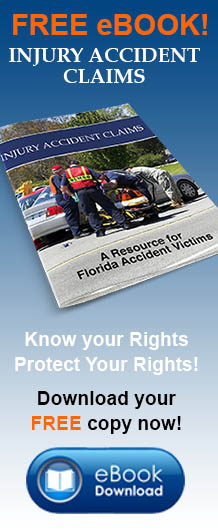Car crashes can leave you shocked and unsure of what to do next, especially if you haven’t been involved in a collision before. However, knowing how to handle the aftermath of a car crash is very important. It may even help you avoid legal issues or receive the proper compensation for bodily or property damages. We’ll explore some major do’s and don’ts following a car crash.
Do Call For Help
Your first significant step should be to assess whether or not you or anyone else has sustained any damages. While you can quickly evaluate your injuries and see if you’re able to move, calling 911 to receive immediate medical attention is your best bet. They will also send law enforcement.
Don’t Underestimate Any Injuries
When we hear the term “car crash,” we tend to think of the worst-case scenario, such as a car flipping over. However, car crashes can be in many shapes and forms, and side-swipes and rear-end collisions are likelier than head-on collisions. However, just because you only have a few minor scrapes and bruises doesn’t mean you still don’t have other injuries. Some injuries are hidden, and you should always follow up with your primary care provider following a car crash.
Do Document Everything You Can
Unless you need immediate medical care and are being rushed off to the hospital, you should take the opportunity to document anything you can. This process includes taking pictures of both vehicles, pictures of their license plates, writing your testimonies and gathering testimonies of anyone else involved, exchanging contact and insurance info, etc.
Don’t Forget to Stay Calm and Collected
Car crashes are stressful events and it’s common to be in a state of shock. However, you’ll want to stay as calm and collected as possible. This includes not admitting fault, not placing blame, not getting heated with the other driver, etc.
Do Communicate With Your Insurance Company
You’ll want to communicate with your insurance company even if you’re not at fault and seek compensation through the other party’s insurance company. Many policies require you to do so. Be sure to stick to the facts, don’t admit guilt, but don’t place blame either. When describing any injuries or property damages, try not to use subjective language. Instead of describing the car crash as “the worst pain I’ve ever experienced in my life,” stick to objective facts like describing any well-documented injuries.
Don’t Forget to Consult With a Lawyer
Some car crashes can be handled amicably with the other person’s insurance. Crashes with minimal damages may quickly be resolved, and the other person’s insurance company might offer a settlement adequate to cover damages. However, for severe car crashes that include serious medical injuries, this often isn’t the case. While an insurance company might offer a settlement, it may not go far enough to cover a person’s immediate and future medical needs, for example. Consulting with a car accident lawyer will ensure you get the compensation you deserve. Our lawyers at David & Philpot, P.L. are ready to assist!




Comments are closed.